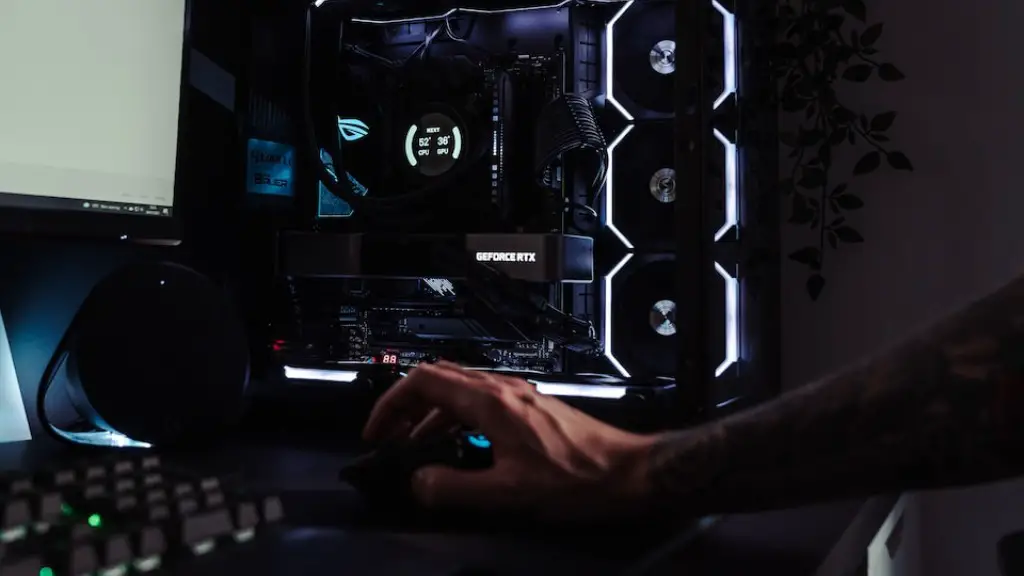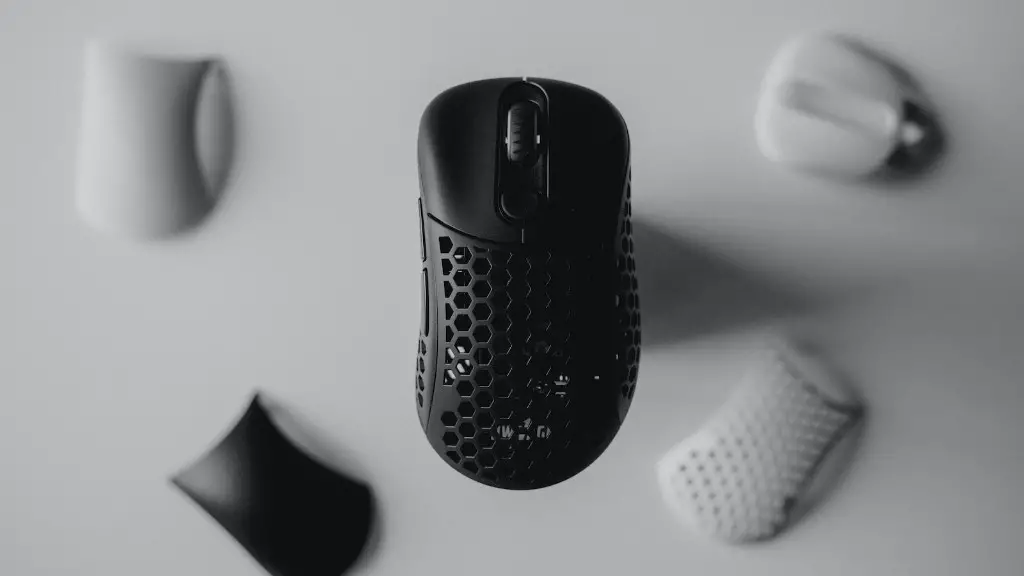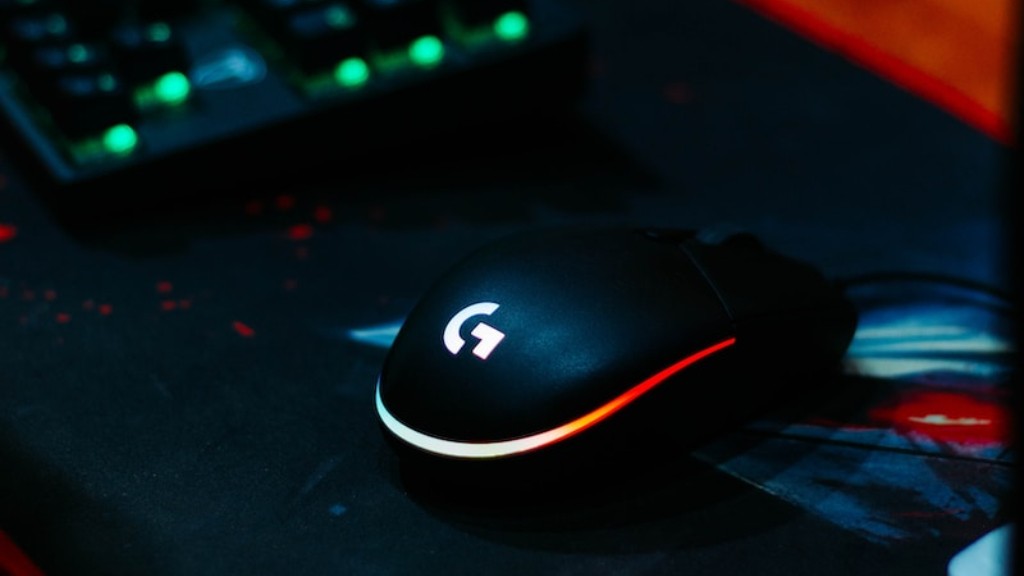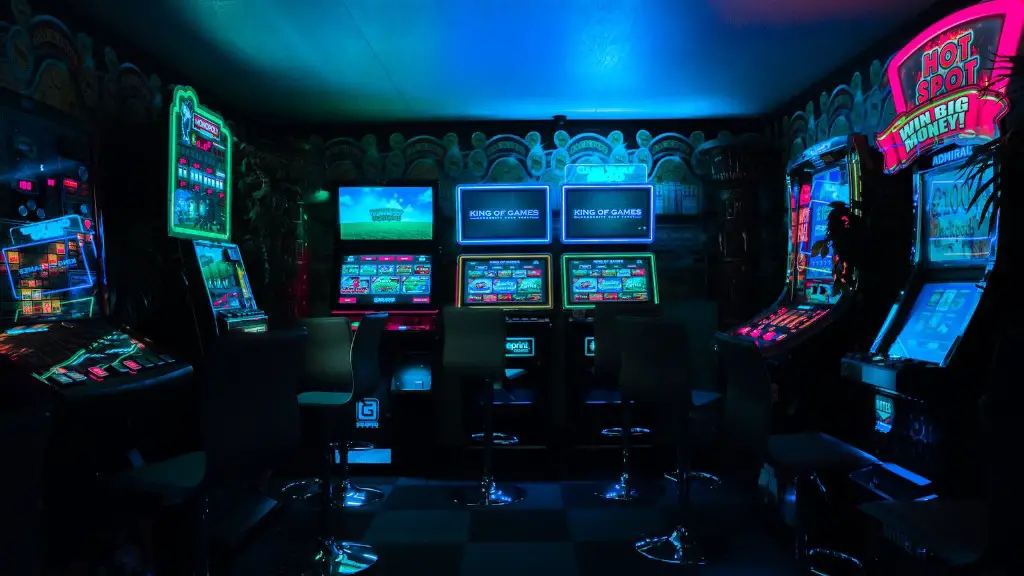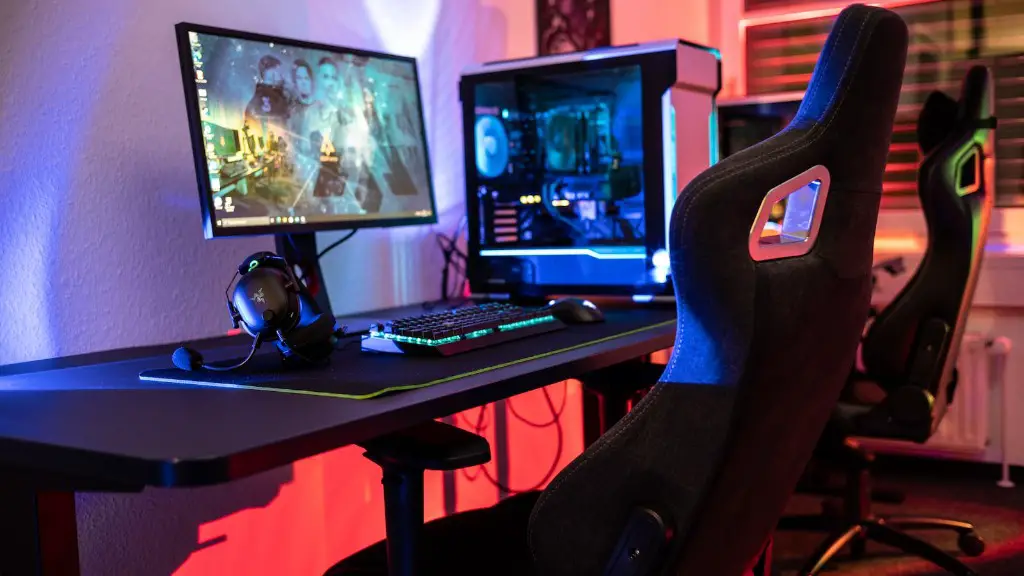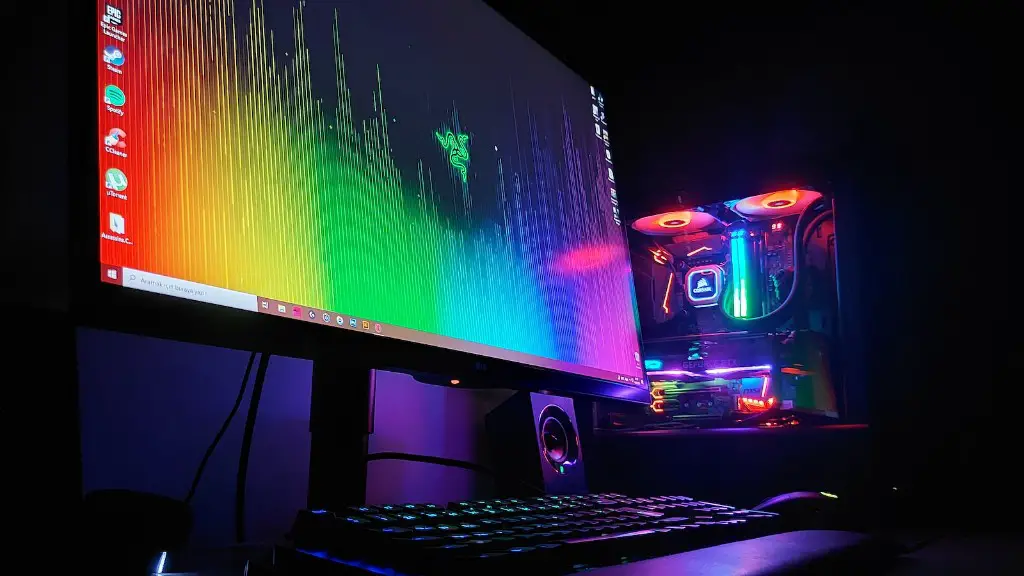When it comes to building a gaming PC the peak performance and reliability of the components used must be taken into consideration. One of the most important pieces of hardware is the cooling system and the amount of fans needed to keep it functioning. Is three fans good for a gaming PC? In order to answer this question we must look at the size of the chassis and the power of the components within it.
Large towers allow 3 fans to be used without any problems. If the case of the PC is small, it’s best to opt for two fans or even just one; having 3 in this configuration will generate too much air flow which can be detrimental. Air flow should be optimized to keep the components cool, not too much that it creates a loud noise.
Integrating only one fan into a gaming PC does not always provide adequate cooling, although one fan can be enough in some cases. It is not always necessary to have more than one fan. Multiple fans needs more space and, more importantly, additional budget. Two fans will provide adequate cooling and can even increase airflow, depending on the design.
In any case, to determine if three fans are going to be overkill depends on the power supply, processor, and the graphics card used. If the processor and the graphics card are of the same high-performance level, then having three fans would be beneficial to maintain optimal temperatures. Additionally, the components chosen should have their own cooling systems, such as heat sinks and active-cooling fans.
In conclusion, there is no one-size-fits-all answer for every gaming PC. The size of the tower, the components used, and the airflow design must be considered. Generally speaking, three fans work well for a gaming PC in a large tower, but it may be overkill for a smaller tower. As always, it is best to research the components that will be used before building or purchasing a gaming PC.
Cooling Capacity
When it comes to computers, the cooling system plays a vital part in maintaining optimal performance. Having three fans with powerful air flow is ideal in order to ensure no parts within the PC overheat. The amount of cooling required depends on the type of components installed. High end processors and graphics cards require more cooling than entry-level models, meaning more fans may be necessary. Additionally, the chassis size may need to be taken into account, as the smaller the computer, the less space for airflow there is.
Ultimately, the goal should be to achieve the best balance between cooling capacity and noise production. As multiple fans means lots of air flow, they can become noisy when they’re running at high speed.Some fans may offer additional noise reduction settings, but they are also more expensive than regular ones.
Additionally, the more powerful the processor and the graphics card, the more likely the fans will be running at higher speeds in order to maintain the necessary cooling. This means noise will be more prominent and likely more irritating than with standard components. Therefore, choosing quieter fans is crucial in order to have an enjoyable gaming experience.
Cooling Options
When it comes to PC cooling, many users rely on two or three fans to keep their components from overheating. However, choosing the right combination of fans is essential. If too few fans are installed, the components may overheat; if too many are used, noise levels may become too high. As such, finding the right balance is key.
Alternative cooling solutions are also available and, depending on the components used, it may be worthwhile to invest in a liquid cooling system. Liquid cooling involves circulating coolant through the components to absorb and dissipate the heat away from them. Liquid cooling is not for everyone and is more expensive, but it can provide impressive performance gains.
Another option is the use of a heat sink. Heat sinks are often made from an aluminium alloy and they contain small fins which help air meet the heat directly as well as dissipating heat away from the PC. Heat sinks are a more cost-effective solution and they can be used in conjunction with a fan(s).
Last but not least, PC cases may also feature convection slots which can provide additional airflow and cooling. Systems which use these slots can run at lower temperatures and at lower wattage, both of which can offer performance gains.
Power Consumption
Having one or two fans running continuously to cool the PC will consume around a few watts of power. However, having multiple fans running at the same time, such as three in a gaming PC, will require more power consumption. This can have an impact on the power supply and its output, leading to potential performance drops if the power supply is not up to the task.
Power consumption can be controlled either by adjusting the fan(s) speed, or by selecting a power supply that can deliver sufficient energy for the components. This can be done by checking the power requirements of the components that are being used and selecting a power supply that can provide at least 10-15% more power than the total system power requirement.
As with anything, there will be trade offs between power consumption and cooling performance. If the power consumption is too low, then the cooling performance may suffer, or if the power consumption is too high, then the electricity bill will also increase.
Cable Management
One of the most important and often overlooked aspects of gaming PCs is cable management. This means maintaining a clean and organised desk and keeping the cables tucked away so as to maintain the best possible air flow. Many cases come with cable routing options, making it easier to keep the PC neat and organised and reducing the chances of excess heat building up.
Cable management can also help reduce noise levels as well, as if the wires are not properly organised, they may start to scratch against other parts and make additional noise. Additionally, having three fans in a PC will require more cables, thus making cable management even more important.
It is also a good idea to invest in good quality cables, as poor quality cables can cause interference and even fail completely. As such, always spend a little extra and get higher quality cables for a better and more reliable gaming experience.
Conclusion
In summary, three fans can work in a gaming PC within a large tower but may be overkill for a smaller one. The components being used should also be taken into consideration when it comes to the cooling requirements. Alternative cooling options such as liquid cooling, heat sinks or convection slots can also be used to keep the components at the optimal temperature.
Power consumption must also be taken into account, as the higher the power consumption, the higher the electricity bill. Cable management is also important in helping maintain optimal air flow and reducing noise levels. Finally, always invest in good quality fans in order to get the best balance between performance and noise production.
